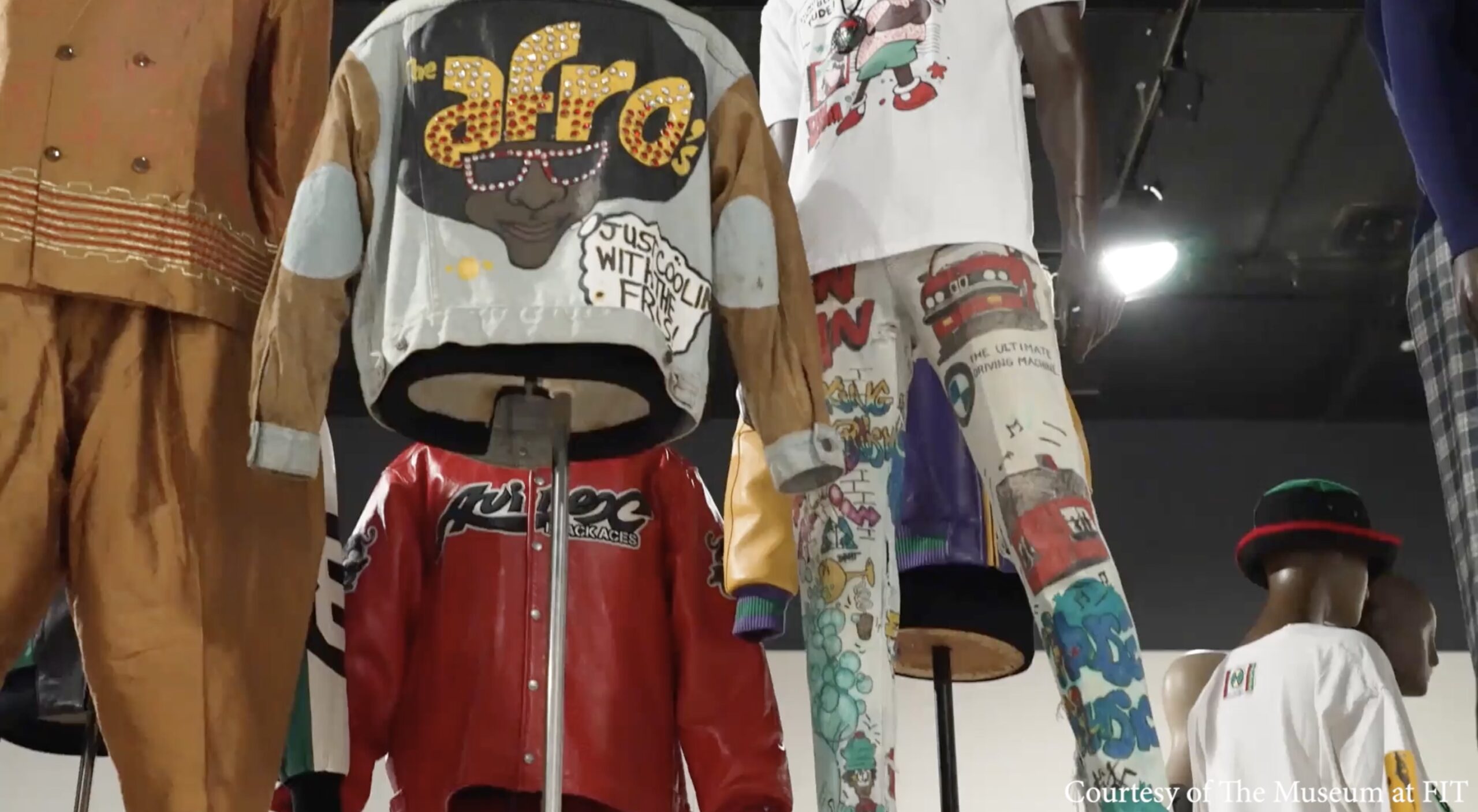Barely visible behind the tidy, stacked columns of Judaic literature, Yitzhak Israeli leafed through a leather-bound copy of the Talmud, searching for new insights on an ancient text.
Two rows away, Karen Steinberger picked up a paperback she’s been itching to buy: Future Tense by Rabbi Jonathan Sacks, a prolific, controversial author who’s faced opposition from religious conservatives.
But no matter what literary work either chooses to read at Yeshiva University’s book fair, both will encounter one common theme: the roots of Jewish identity.
The school expects more than 13,000 visitors this month at the Seforim sale—located at 2495 Amsterdam Ave. on the university’s Wilf Campus in Washington Heights—where patrons can select from a wide range of faith-based titles, from Yearning for Shabbat to the cooking guide, Quick and Kosher.
With less than a week before the student-run event ends, Tzvi Feifel, 23, a Yeshiva student and the fair’s chief executive, said his team looks to gross $1 million from its selection of nearly 15,000 works.
“We have all the ancient texts but we also have newer stuff which is borderline controversial,” Feifel said. “There’s always some stuff that’s going to poke people’s sides. But we’re trying to be of service to the community and the community is very broad.”
Some readers like Israeli of Munsey, N.Y. said that, when it comes to the holy books, it’s hard to stick to a budget.
“I have a small pile building in the corner over there,” he said, pointing to a stack so high it threatened to topple over. He later added several more to the growing heap. “Let’s see how big it’s going to get by the end of this visit.”
But the sale also appeals to a younger crowd—those who want to study Judaism in a 21st century context. Clusters of Yeshiva students mingled between the aisles, discussing recent reads or noteworthy authors, including the works by Joseph Ber Soloveitchik, commonly known as “The Rav.” Steinberger, 21, said she’s eager to get her hands on some newer titles and lose herself in the “corpus of literature.”
From the customary to cutting-edge, Feifel said the eclectic variety of merchandise reflects the diversity of the clientele.
“We have people getting the traditional stuff,” he said, referring to the prayer books. “But at the same time they branch out and get the new stuff. The purpose of reading the old stuff is not to read it in of itself. The question is when you read something, how does it affect you, how does it mold you to become a better person.”
Still, Feifel isn’t convinced of all messages in modern writings—and neither is Israeli, who rarely ventured out of the sale’s selection of traditional works.
But despite the generational gap, both considered the book sale one way to reconnect with their religious roots, using faith to inform their day-to-day lives.
“See how much wisdom is folded into these books,” Israeli said, tracing the gold, embossed Hebrew characters stamped on the spine of one tome. “It’s trying to give us a drop from the ocean of the wisdom of the Torah. Religion gives you strength, gives you power, gives you belief, gives you life.”


Comments
[…] in Washington Heights, selling more than 150,000 books from Feb. 6 to Feb. 27. This slide show was published Feb. 20 on Pavement Pieces. 40.750000 -73.997000 Posted in: Uncategorized LikeBe the […]